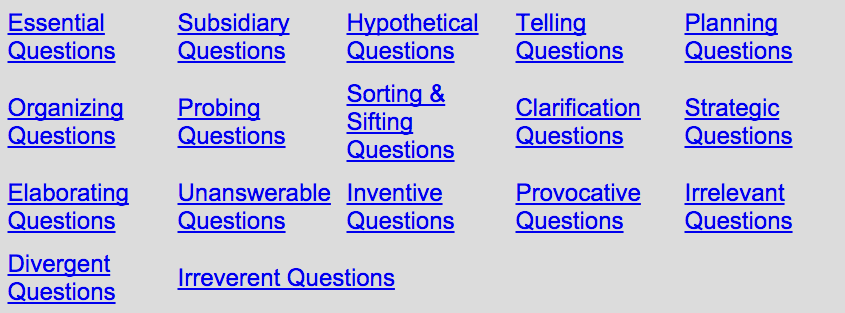2. Know How to Get Answers
Search engine results are determined by several factors, including user location and search history. But to dig deeper and find better answers, students need training on how to do advanced searches. This means becoming skilled at using search operators, understanding sources and thinking carefully about search terms. Everyone assumes they know how to use Google with confidence, but knowing how to search for specific information well takes practice. On the first day of school, November said he would teach students how to properly query documents, images, music, maps, etc.
"I have this sinking feeling that we’ve never taught them to design good queries in Google," he said. "We didn’t build a rigorous creative curriculum in teaching children the algorithm and coding you need to understand how to use it and the creative imagination that kicks in to understand perspective from another place where you do not live.”
Knowing how to find information on other platforms is also important. For example, asking questions on Twitter using a hashtag or mentioning experts could yield far more interesting results than a general search engine query.
“A lot of students do not understand how to use Twitter for school," he said. "They’ve never been taught to follow the best minds in the world in the subject they’re taking. They’ve never been taught to ask a question on Twitter because that’s a different kind of question than Google.”
3. Learn About Work Created by Other Students
Digital tools allow students to have access to all kinds of work created by others. When students realize someone their own age created something amazing, it inspires them to do the same. November pointed to the work of fourth graders who are reimagining the classic California school project of recreating the state's Spanish missions. Some students are doing the project in Minecraft, expressing their creativity through the digital media that excites them. November urged educators to show students a broad sampling of work.
“We’re going to show them a range of medium with work by children so they understand during the whole year there are choices of media to use in order to express themselves and what they’ve learned,” he said.
There are other Minecraft California mission videos, but here’s one that demonstrates the building process at 8:00:
Knowing what other students are doing is important, November said, because “student work is sometimes more motivating than an assignment the teacher gives.”
4. Know How to Work with People Around the World
November shared the work of Kathy Cassidy, a first grade teacher in Moose Jaw, Saskatchewan, Canada. She uses a blog and Twitter to help her students communicate and learn with other classrooms around the world. Under the Twitter handle @MsCassidysClass, her students are sharing their work with a global audience, such as this sample of one of four LEGO experiments.



